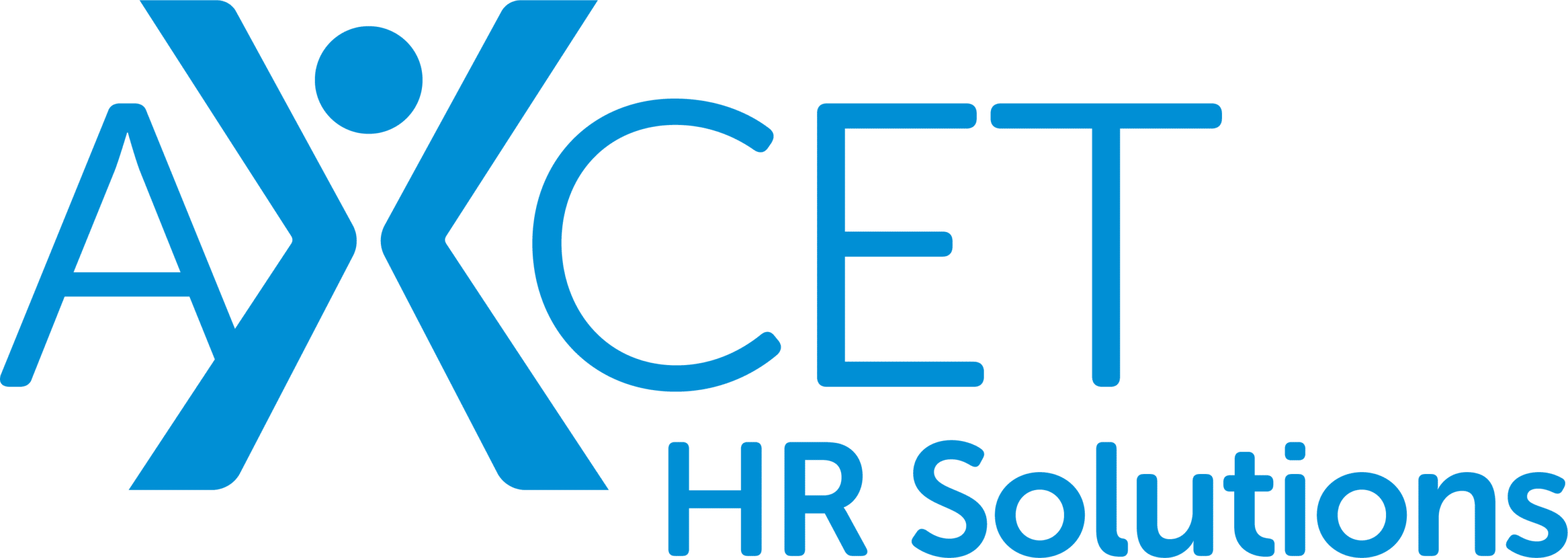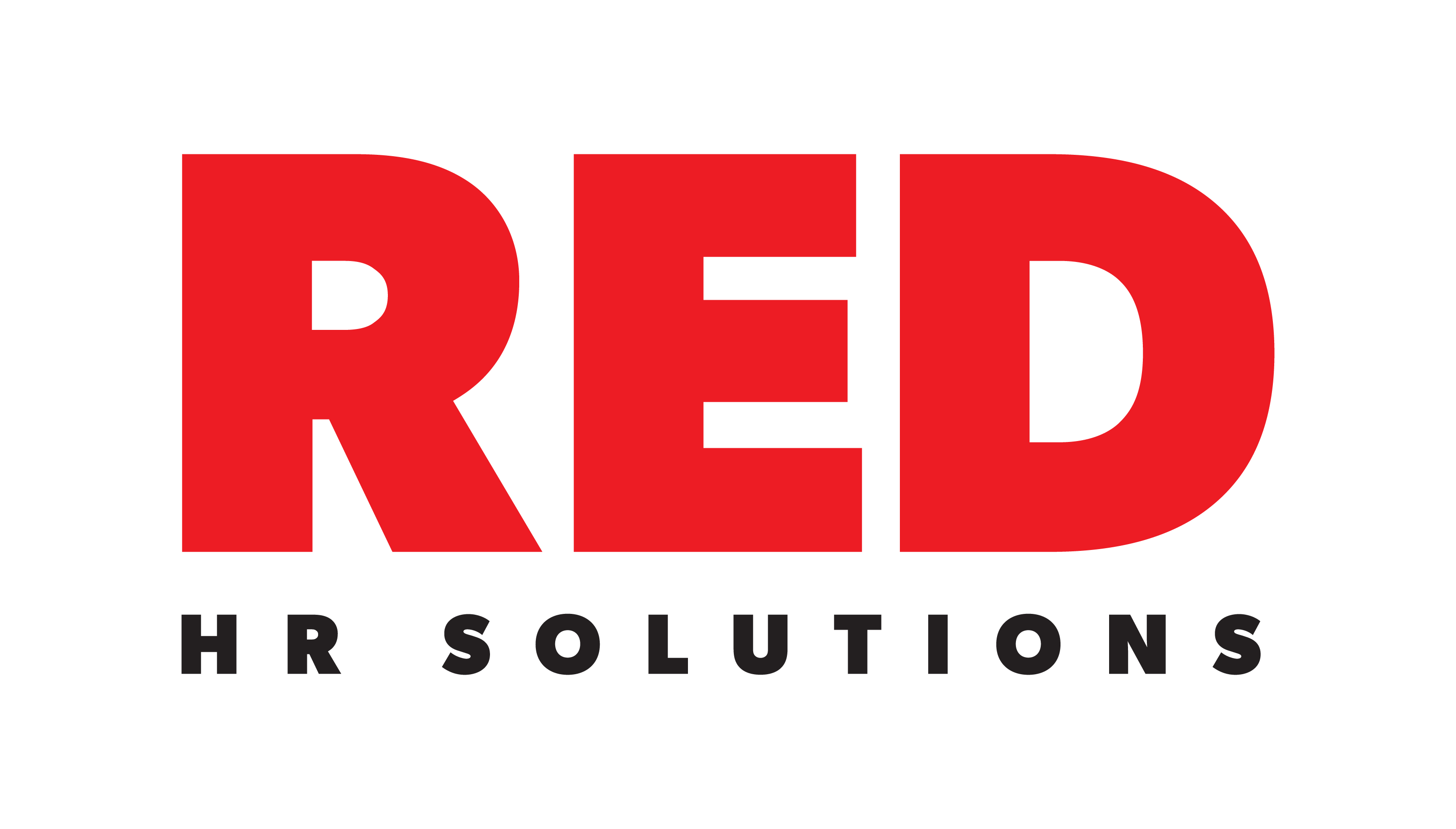댓글 0
등록된 댓글이 없습니다.

The BPO video game is changing quickly. If you're still treating outsourcing like a cost-saving exercise, you're currently behind. Today's winning BPOs aren't just service providers-they're tactical partners, development leaders, and compliance powerhouses.
That was the core message of our latest panel discussion, where industry specialists checked out the greatest challenges and opportunities in BPO today. Our panelists-Dr. Gleb Tsipursky (CEO of Disaster Avoidance Experts), David Judge (CEO of Affordable Staff), and Subho Pati Sanyal (COO of Netsula Group)-shared their insights on how BPOs can remain competitive in a rapidly progressing landscape.

If you missed it, do not worry-we have actually got the full video, highlights, and essential actions you can take now to future-proof your BPO. And if you desire the complete roadmap, grab the BPO Executive Playbook.
Boost your group's performance with Hubstaff's productivity tools
Five unfiltered takeaways from the BPO panel conversation
Here's what the specialists had to state about what's working, what's broken, and where BPOs need to develop.
1. Cost-cutting won't conserve you-innovation will
The days of winning clients entirely through lower costs are over. The panelists stressed that companies are now looking for BPO partners who can drive development, enhance business processes, and provide long-term tactical value-not simply provide services at a lower price.
BPOs that fail to innovate risk becoming obsolete as businesses progressively look for automation, AI-driven efficiency, and specialized know-how instead of basic outsourcing. The essential takeaway? If your only worth proposal is decrease, you're in a race to the bottom.
- Conduct a service audit to determine areas where your BPO can add more tactical value beyond cost-cutting.
- Buy AI and automation to drive efficiencies while improving service quality.
- Develop a consultative approach-don't just await clients to request enhancements; bring originalities proactively.
2. Automation isn't optional-it's the game-changer
AI and automation aren't simply tools to increase efficiency-they are essentially altering the BPO industry. The panelists noted that leading BPOs aren't simply carrying out tech; they're leveraging it to anticipate customer needs, improve decision-making, and develop new service chances.
However, many BPOs make the error of treating automation as a quick repair rather than integrating it into a broader business strategy. To succeed, BPOs should align their tech adoption with long-lasting objectives, guaranteeing that AI supports and boosts human competence rather than replacing it.
- Identify 3 key areas in your workflow where automation can provide instant effect.
- Train your workforce on how to use AI tools efficiently, guaranteeing adoption aligns with operational goals.
- Continuously evaluate and fine-tune automation methods to improve service quality.
3. Compliance isn't a headache-it's a competitive edge
While compliance is frequently seen as a regulative burden, the panelists agreed that BPOs that embed compliance into their culture get a competitive benefit. Businesses are increasingly inspecting their contracting out partners for information security, regulatory compliance, and threat management.
Instead of treating compliance as an afterthought, effective BPOs proactively develop frameworks that exceed market requirements, line up with customer needs, and build trust. Those who fail to focus on compliance might find themselves losing high-value clients who demand greater security and governance standards.
- Run a compliance audit to ensure your processes satisfy international regulative requirements.
- Set up a quarterly compliance evaluation to keep up with changing regulations.
- Train teams on information security finest practices to avoid compliance dangers before they emerge.
4. Hybrid and remote teams aren't a phase-they're the future
Remote work isn't going anywhere, and BPOs must adjust accordingly. The panelists highlighted that BPOs running worldwide must build frameworks that support hybrid and remote teams while preserving efficiency, accountability, and compliance.
With top talent significantly looking for flexible work plans, BPOs that buy remote labor force management tools and outcome-based performance tracking will have a significant hiring and retention advantage. The shift isn't almost employee satisfaction-it's about optimizing operations and making sure long-lasting company sustainability.
- Buy remote workforce management tools to ensure efficiency and accountability.
- Offer versatile work arrangements to attract and retain top skill.
- Implement clear performance tracking metrics to measure results rather than hours worked.
5. If you're stuck in a price war, you're doing it incorrect
Among the biggest issues among BPO leaders is competition from affordable companies. The panelists made it clear that contending on rate alone is a losing strategy. Instead, effective BPOs differentiate themselves by using specific proficiency, deep market understanding, and smooth service integration.
Clients want to pay more for BPOs that fix their service obstacles, lower threat, and provide continuous strategic assistance. Instead of chasing after lower margins, BPOs need to concentrate on ending up being indispensable partners that organizations can't manage to replace.
Actionable steps:
- Develop case studies showcasing the distinct value your BPO delivers.
- Offer consulting services in addition to standard outsourcing to deepen client relationships.
- Focus on customized proficiency in high-demand locations like AI combination or compliance management.
What's your next relocation?

The BPO landscape is progressing quickly. Companies that welcome automation, compliance, remote labor force management, and tactical consulting will thrive-while those that stay stagnant will be left.
Want the full roadmap? Download the BPO Executive Playbook and get the seven winning moves you need to scale, stay certified, and outshine the competition.

0등록된 댓글이 없습니다.